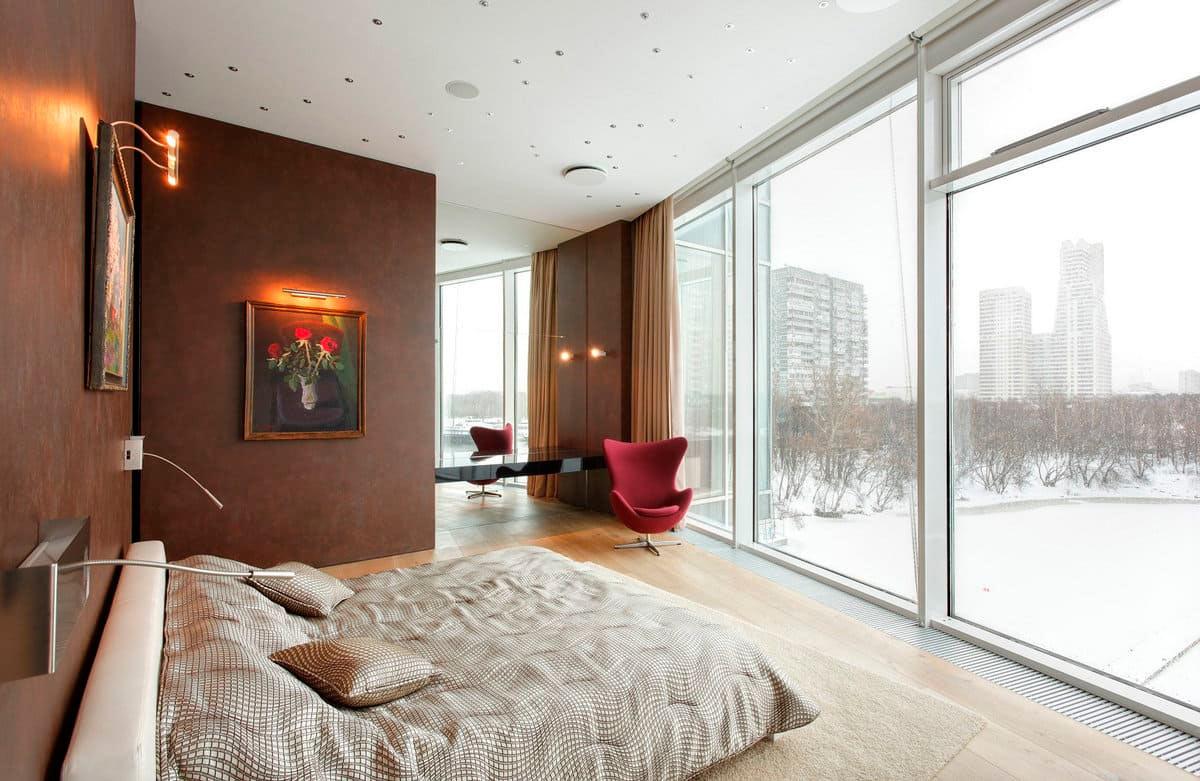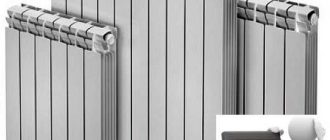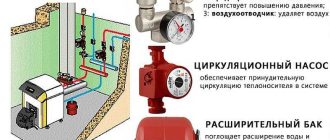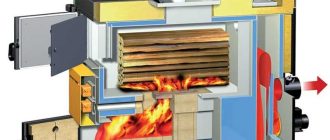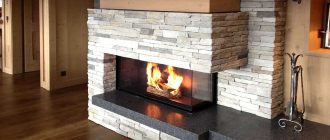Many of us during renovation wanted to completely renew the interior of the apartment and make it trendy, stylish and modern. After looking at inspiring photos in Instagram or Pinterest, we get to work, make the apartment beautiful, give it, for example, European chic or Scandinavian practicality. And then we freeze in the new repair in winter. Why this happens, tells Roman Shidlauskas – an expert of the Italian manufacturer of heating batteries Global Radiatori.
Conținutul articolului
Reason No. 1. Lack of batteries
Of course, getting rid of batteries most people replace them with other heating devices. For example, convectors, which are located in the floor in front of the window, or a warm floor. Most often, this option is chosen by owners of apartments with windows in the floor.
However, in many cases this is not enough, for example, if you live not in the south, but in the center, and even more so in the north or east of the country, where winters are quite severe. Refusal of batteries is practiced in European countries with mild, cool winters, which, of course, is not our case at all. In Russia, such a set of heating devices may not be enough to fully heat the room, especially if it has a large area of glazing.
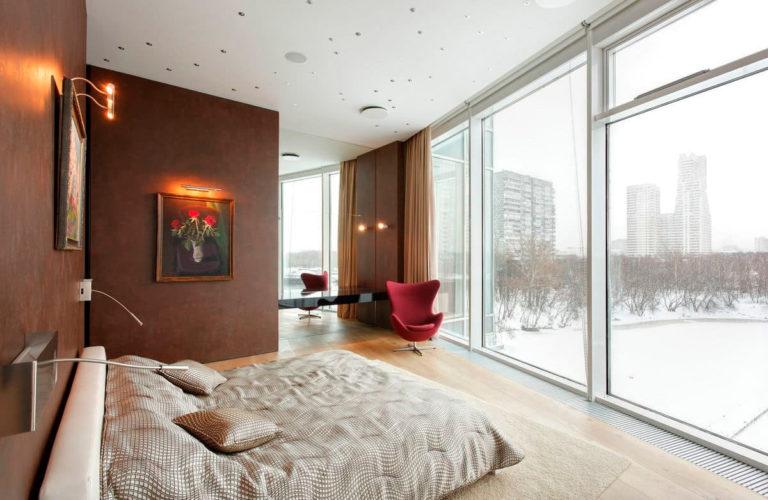
If you really want to leave the view from the panoramic windows open and at the same time do not freeze, in addition to the “warm floors” and convectors, install on the walls adjacent to the window additional radiators, classic or high, depending on the area of the room and the free space for the placement of batteries.
Reason No. 2. The radiators are hidden by furniture
Some apartment owners, although they decide to leave the radiators in the old place under the window, but prefer to remove them out of sight, covering, for example, the back of the sofa or building around the devices cabinets. In this case, the heat from the radiators does not go into the room, but is absorbed by the furniture. And it’s no wonder that the corners of the room can be chilly.
Get rid of the cabinets and move the sofa back at least 20 centimeters, and then the heat will flow freely into the room.
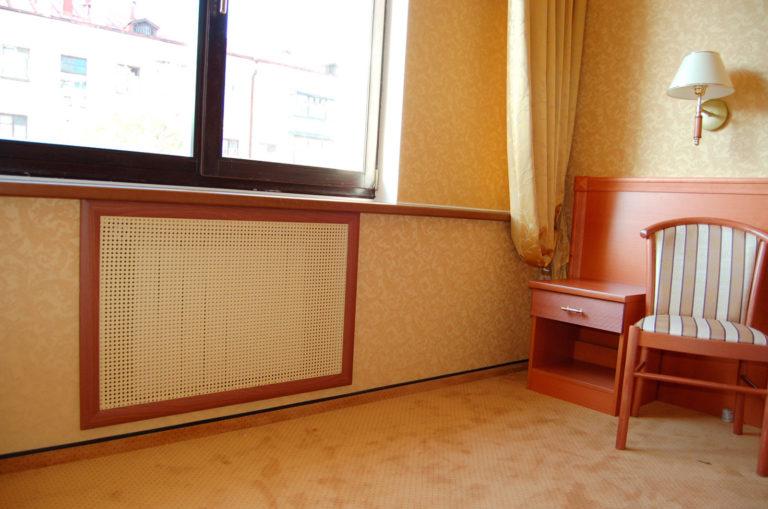
Reason #3. Blind screens
Another common way to hide radiators is to hang a decorative screen on them. In fact, such screens can be safe in terms of heating, but there are nuances. Again, for heat to be able to spread around the room, it needs outlets on the sides, top and front of the appliance. Air must somehow flow to the unit so that the radiator can heat it up: if there are a lot of openings at the top, but the screen is blind at the bottom or the radiator hangs close to the floor, it is likely to heat up poorly. So forget about blind screens and choose panels that do not obstruct the heat output.
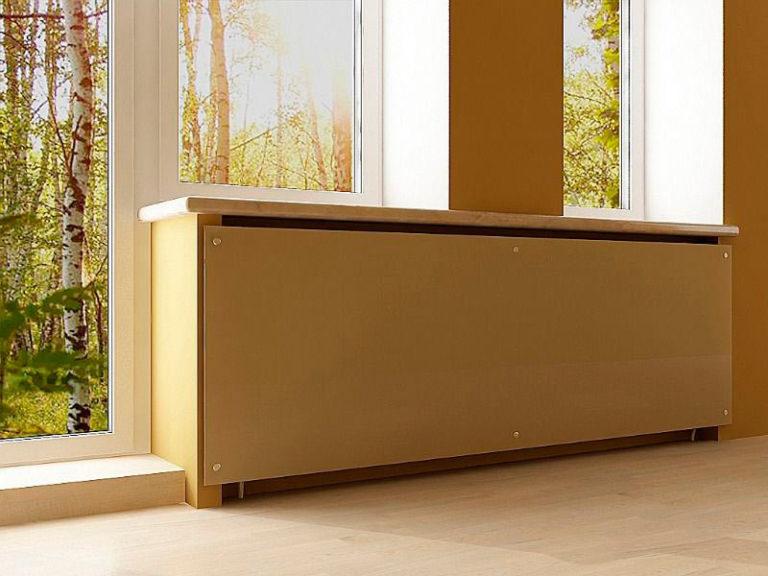
Reason #4. Radiators behind curtains
At first it seems strange, but in fact blind curtains covering heating devices can “steal” part of the heat. Especially if the radiators are located on the sides of large windows and the curtains are constantly pulled open to cover the radiators.
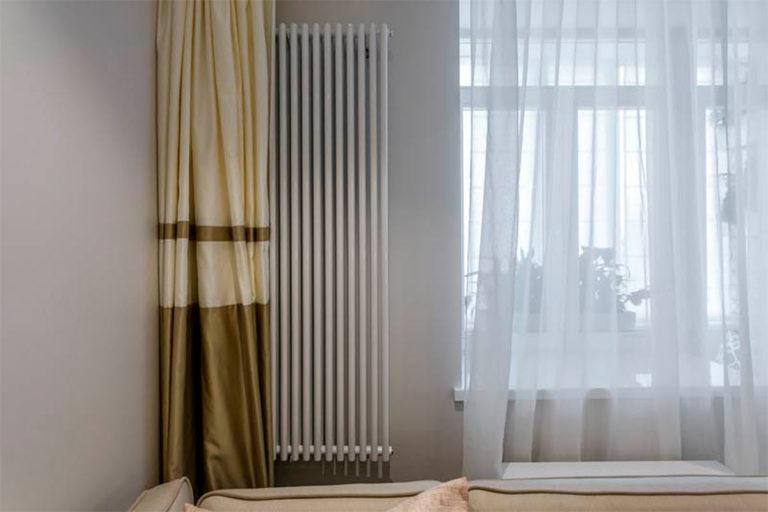
Of course, they are less harmful than furniture and screens, nevertheless dense curtains and even tulle can limit the heat from radiators to the room.
Try an experiment and replace dense curtains with light tulle made of fine threads sewn loosely. The room will definitely become a couple of degrees warmer.
Reason #5. Designer batteries
Beautiful batteries of unusual shape, of course, bring a certain zest to the interior, but they often warm worse than classic radiators.
First, because most of these unusual devices are made of steel, which is not as thermally conductive as aluminum (the most common battery material).
Secondly, because devices made of steel, as a rule, last less than aluminum radiators. Which is especially frustrating considering that designer radiators cost significantly more than conventional radiators.
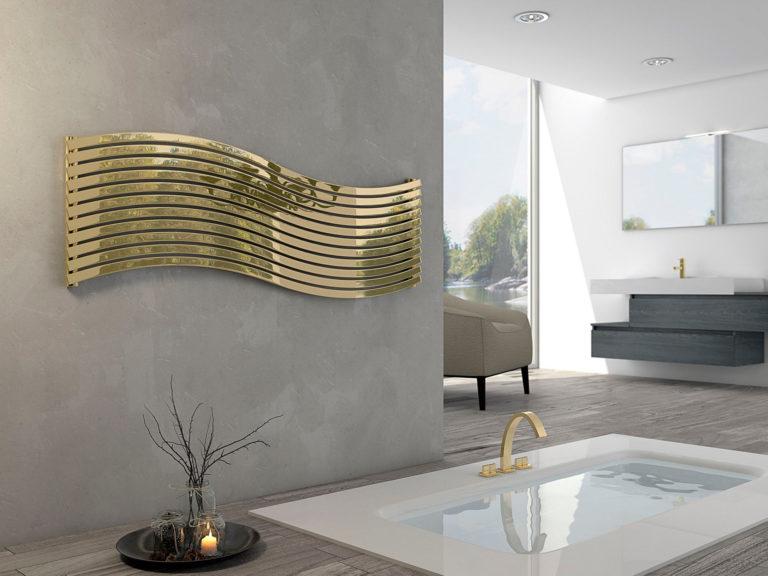
The only exception to this is tall radiators. If you choose a model made of aluminum, then along with beauty you will get good heat output and reliability.

